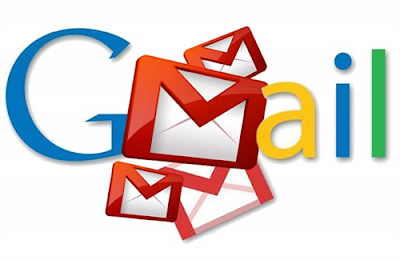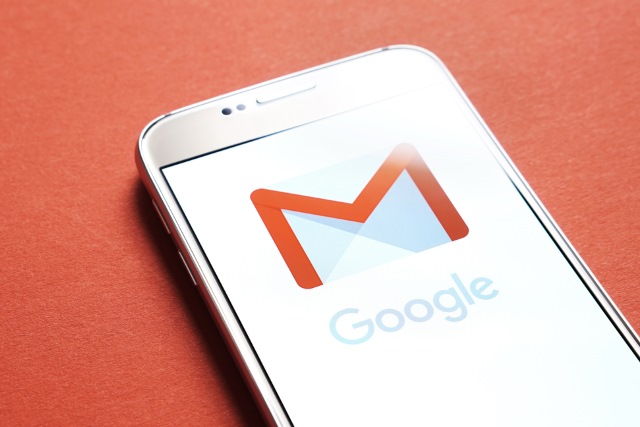James Fisher expounded on his own understanding, calling attention to that while he utilized the Gmail address jameshfisher@, individuals who sent him email with full-stops anyplace in that handle could contact him. For instance, james.hfisher@ would likewise get to his letter box.
When he got an email from Netflix in February, disclosing to him that his record was on hold because of his Mastercard being declined, he was astonished. However, on setting off to the Update page for the record, he saw that the card number which was recorded as being declined did not coordinate his – the last four digits were unique.
Fisher at that point had a more intensive take a gander at the email he had gotten and seen that it was routed to james.hfisher@. Given that Gmail considers that the dabs don't make a difference, the email had not bobbed.
Somebody had agreed to accept Netflix utilizing this email address, yet given that he additionally approached it, he could change the secret key and see the profile of the individual being referred to, who had all the earmarks of being situated in Huntsville, Alabama.
Fisher contemplated that there were two conceivable outcomes: one, this was one of the 12 bona fide James Fishers living in Alabama who had written in his email address wrong when agreeing to accept Netflix. Netflix, it must be noted, does not browse if an email address is legitimate previously permitting somebody who joins to begin watching films.
The second plausibility was that somebody had done this intentionally, with the expectation that Fisher would consequently refresh the card points of interest on the Update page – and wind up paying for this obscure individual to watch films free.
Fisher sketched out the way this should be possible:
• Hammer the Netflix join frame until the point when you discover a gmail.com address which is "as of now enrolled". Suppose you discover the casualty jameshfisher.
• Create a Netflix account with address james.hfisher.
• Sign up with the expectation of complimentary trial with a disposable card number.
• After Netflix applies the "dynamic card check", wipe out the card.
• Wait for Netflix to charge the wiped out card. At that point Netflix messages james.hfisher requesting a legitimate card.
• Hope Jim peruses the email to james.hfisher, expect it's for his Netflix account sponsored by jameshfisher, at that point enters his card **** 1234.
• Change the email for the Netflix record to eve@gmail.com, kicking Jim's entrance to this record.
• Use Netflix free always with Jim's card **** 1234!
As to where the security defect lay, Fisher stated: "Some would state it's Netflix's blame; that Netflix ought to check the email address on join. In any case, utilizing another person's address on join just surrenders control of the record to that individual.
"Others would state that Netflix ought to refuse the enrollment of james.hfisher@gmail.com, yet this would compel Netflix and each other site to have insider learning of Gmail's canonicalization calculation."
He presumed that the blame lay with Gmail in light of the fact that, "The trick on a very basic level depends on the Gmail client reacting to an email with the presumption that it was sent to their authoritative deliver and not to some different address from their endless address set."
"The Gmail group should battle this sort of phishing," Fisher composed. "They ought to formally recognize that specks don't-make a difference is a disfeature. To be sure, the Gmail group conceded that spots don't-make a difference is 'confounding' route back when they reported the element in 2008).
"Each Google record ought to have one variation designed as its standard address; I would set jameshfisher@gmail.com as standard, and possibly John would set john.smith@gmail.com as standard. In the event that an email is sent to a non-standard address, it ought to be appeared with a notice (like that beneath):
He recommended that Gmail clients ought to have the capacity to quit dabs don't-make a difference on the off chance that they so wished.




Comments
Post a Comment